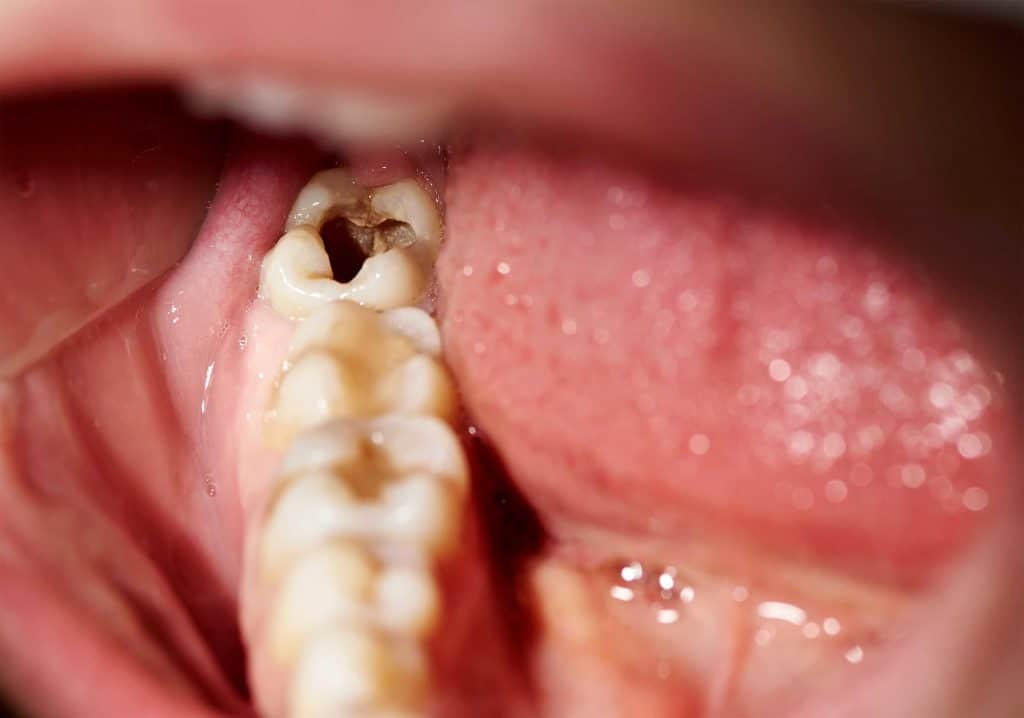
EVER notice how, for thousands of years, people have been fascinated by the mystery of ageing and are willing to halt or reverse this process because ageing is typically associated with the gradual reduction of most body functions?
Ageing is an inevitable physiological process that you cannot control, even if you would wish to. Nobody wants to feel feeble or to be referred to as old.
The question is: Do you embrace ageing, or do you find it difficult to accept?
Does the fact that you are ageing so quickly make you feel depressed?
All of these questions are crucial because they motivate people to do more and go above and beyond.
Every age group has benefits and drawbacks.
From early childhood to old age, everyone has unique health issues.
For people of all ages, dental health is essential to general health, but elderly people require extra attention.
- Oral health challenges in old adults
- Dealing with dry mouth syndrome (Xerostomia)
- Menopause, the silent oral health crisis no one warns you about
- The illusion of a quick fix: Unpacking the true price of DIY teeth straightening
Keep Reading
The older population suffers more than the younger generation does.
Elderly people are representative of a vulnerable population group that suffers heavily from oral diseases, hence they require more care and attention.
Older adults are over twice as likely as younger adults to have cavities or tooth decay.
Along with many other dental conditions, the prevalence of periodontitis, a gum infection that erodes the bone supporting the teeth and damages soft tissue, also rises with age.
When it comes to adults, cavities, gum disease and other dental health issues are all a natural part of human physiology and biology, so getting aid is not a sign of weakness.
Oral health is a significant determinant of an individual’s quality of life.
The general health of older people involves a variety of medical, cognitive and functional conditions and/or limitations that can have a direct effect on the onset and progression of oral diseases:
Cognitive impairment
Cognitive impairment or the decline of a person’s mental state is highly prevalent among older adults and is independently linked to tooth loss.
Those with mild cognitive impairment tend to have poor oral hygiene, a higher prevalence of gum disease and more impaired tooth root surfaces.
Due to their compromised cognitive and functional capacities elderly people in hospitals and long-term care facilities who rely on others to take care of their dental hygiene are at risk of bad oral health.
Foods heavy in sugar and refined carbohydrates stay in contact with their teeth for extended lengths of time between brushings, which puts them at risk for dental decay and cognitive impairment.
Elderly people who are not self-sufficient should receive assistance since even a modest gesture of assisting them brush their teeth can have a big impact on their wellbeing and sense of self.
Dry mouth: A risk factor for persistent gum disease and tooth decay (cavities)
Dry mouth (Xerostomia) is one oral ailment that has an impact on elderly persons’ quality of life.
In susceptible elderly adults, xerostomia and salivary gland decreased function, are highly prevalent.
Taking so many medications (particularly with antihypertensives, antidepressants, and anti-psychotics) reduces the production and flow of saliva.
While one medication may not cause dry mouth, the combination with other medications taken by the subject can lead to xerostomia.
As I mentioned in the last article, a dehydrated mouth lacks saliva which acts as an agent that delivers calcium to the teeth, remineralising them, thus tooth decay in such a mouth is accelerated.
The acidic mouth environment produced by dryness in the mouth promotes the proliferation of bacteria which infect the gums, thus the development of gum disease.
Preventive steps are necessary for those with dry mouth to avoid the negative effects of salivary loss such as tooth decay, gum disease and candidiasis.
In this case, the elderly should drink more water, use some mouth sprays (they come in many forms including sprays, gels, solutions and lozenges).
Depression and dental care at loggerheads
Many elderly adults suffer from persistent depression, and those who experience these symptoms are less likely to prioritise self-care, such as preventive dental treatment and good oral hygiene.
Depressive symptoms and depression in old age may be linked to dental caries, severe gum disease, poor nutrition, distorted taste, decreased salivary flow, and oral pain.
Depressive symptoms have been found to be more common in older adults who have lost teeth.
Since significant tooth loss is linked to depression, getting aid from a friend, therapist, or confidant, as well as visiting the dentist to replace lost teeth, would greatly improve one’s oral health.
For those that may have the elderly in their households it is a prudent move to help them take care of their oral health enabling us to continue tapping into their wisdom which is mostly conveyed orally.
Socio-economic hurdles
Moreover, senior citizens face socio-economic barriers to accessing dental care.
Most of our elderly people in the rural settings, due to inadequate pensions or none at all, still get up quite early to tend to their fields, an activity which may span through the whole day, hence less time committed towards personal oral hygiene.
In this regard, the women are more affected as they are also expected to be caregivers of their partners and/or minor grandchildren as per social norms, hence increasing physical and mental fatigue while also reducing time for personal oral health-care.
The need for increased oral hygiene awareness in such set-ups cannot be overemphasised.
I encourage the elderly to, at least, make time for themselves, particularly for good oral health, which is key to a good health and well-being.
Below is a list of things to do and habits to avoid that could assist the elderly in their oral health journey:
Don’ts: Avoid chewing or smoking tobacco.
If possible, avoid using medications that decrease salivary flow. (you may consult your healthcare professional to get more information on this)
Don’t eat sugar-rich foods, particularly candy and sticky foods.
Dos: Chew xylitol-containing chewing gum or sugar-free candies to increase saliva production, particularly if you suffer from dry mouth symptoms.
If you have the symptoms of persistent dry mouth, schedule a dental appointment.
Use fluoride toothpaste when brushing your teeth each day, this aspect is important mainly for the elderly.
Use an electronic toothbrush or one that runs on batteries, particularly if you or someone you care about struggles with thinking or making decisions.
Every day, floss your teeth. For those who have stiff hands, using floss holders may be beneficial.
If you have a history of tooth decay, ask your dentist about prescription-strength fluoride mouth rinses and fluoride varnishes.
If you have gum disease or are at risk for gum disease, ask your dentist about using a mouthwash containing chlorhexidine.
Every older adult should have dental cleaning performed on them by a dental hygienist and an oral health examination by their dentist at least twice a year.
If you have prosthetic joints or replacement heart valves, you should be especially cautious about your oral hygiene to reduce the risk of serious infections.
Ask your dentist or medical professional about precautions you should take before having your teeth cleaned or undergoing any dental procedures.
Keep in mind that maintaining good oral hygiene is crucial to good health.
- Patience Matambo is a final year BSc Dental Surgery candidate at the People’s Friendship University of Russia. She can be reached at [email protected]











